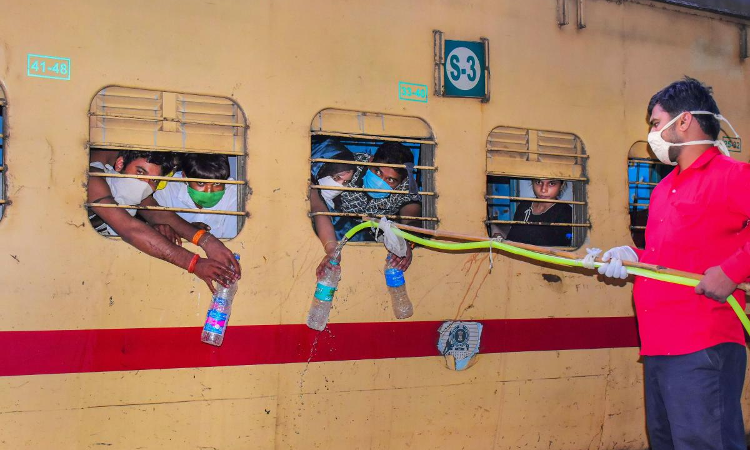Can State Be Permitted To Use NDRF Funds For Bearing Rail Fare Of Migrants Who Can't Pay? Karnataka HC Asks Centre
Mustafa Plumber
22 May 2020 10:01 PM IST

Next Story
22 May 2020 10:01 PM IST
The Karnataka High Court has asked the Central Government if the State can be permitted to use the funds transferred by the National Disaster Response Fund for payment of train fare of migrants who are not in a position to pay the amount."The learned Additional Solicitor General will take instructions whether the State can be permitted to use the funds transferred by the National...
